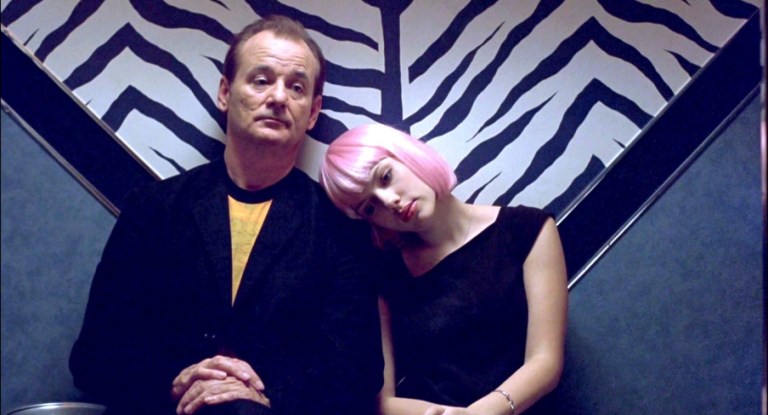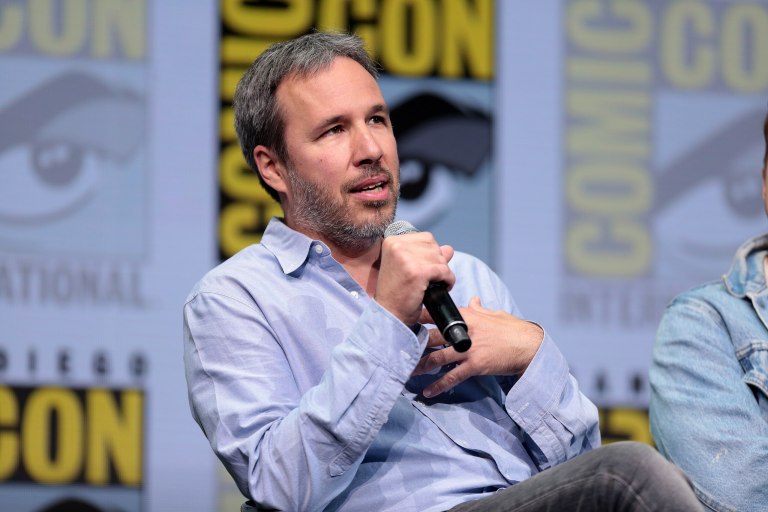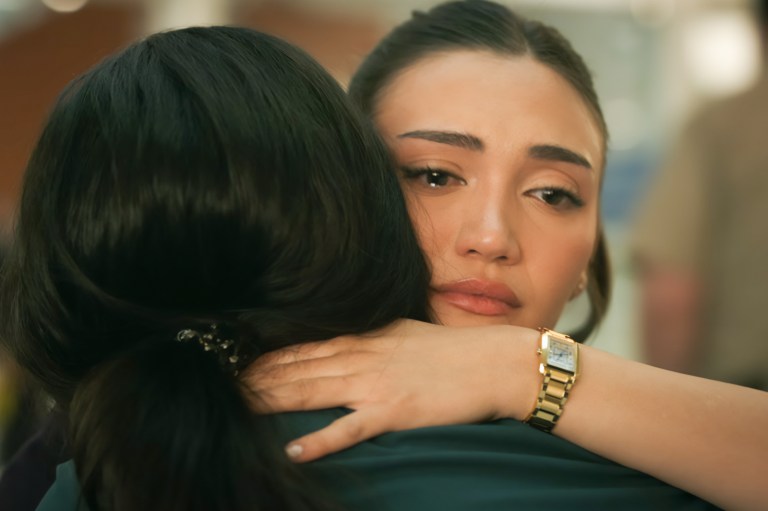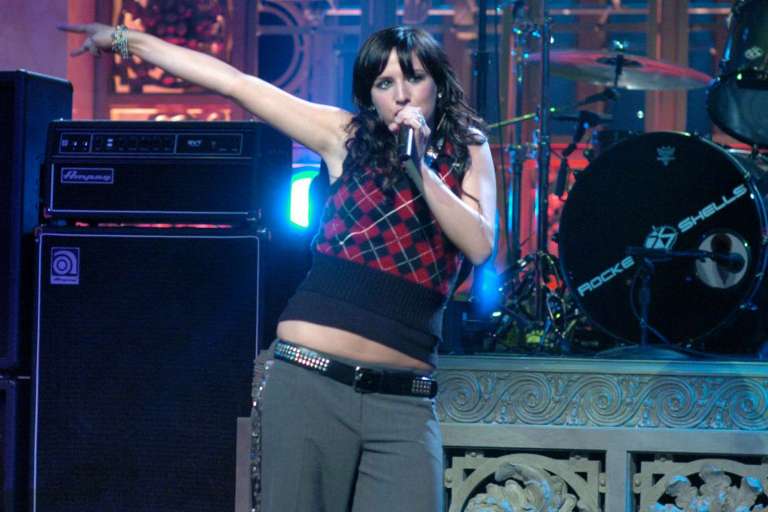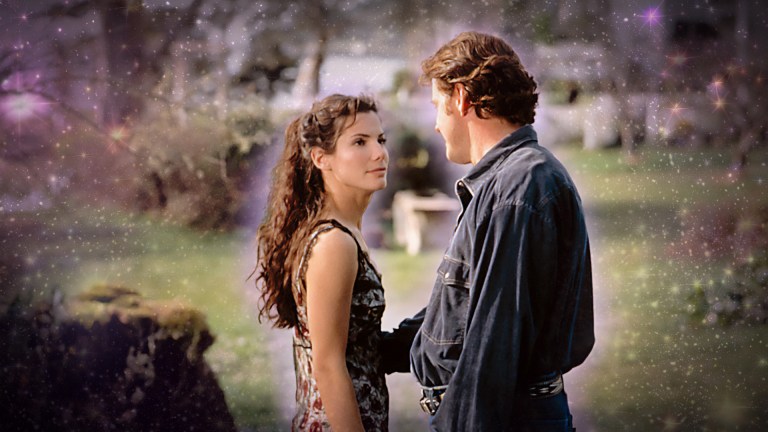
Why Everything *Doesn’t* Have To Happen For A Reason
We always seem to be searching for the “why.” Why we are here, why things happen, and why things don’t. Truthfully and from my perspective, there just isn’t always one.

The first time I heard the phrase, “everything happens for a reason,” I was in elementary school and my father had just passed away with lung cancer. This phrase was repeatedly uttered by those around me in attempts of comforting me and I could not fathom the sound of it. Syllable by syllable I cringed, as I could not figure out what rhyme or reason there was for my father’s untimely death. A man so smart, so family-oriented, and so respected in his community; how could such an event be justifiable. It just didn’t make sense. It was what friends, family, and even strangers said to provide solace, without considering what meaning this phrase really carried or if it carried one at all.
It’s not like it’s a phrase we are told to avoid. Sometimes in those instances, it’s all we have to say because it’s what we’ve been trained to believe or what we are just used to saying. When we are young, the phrase is instilled in our underdeveloped brains and we grow up to believe it to be true without knowing any better. Yet each time those five very words were spoken, I filled with anger, denial and grief without any belief that this phrase could ever get me by or resonate.
As I grew to an age of comprehension, I began to hear this phrase more, and not just when things went wrong, but when things went right as well. However, each time I heard it, regardless of the condition, I reflected on my father’s passing and again thought, what reason could there be.
Twenty-two years later and I still find myself pondering the thought, but I have learned to accept that not everything will come with an explanation or some sort of instruction. I initially longed for a reason even more so than others, because it was others that contributed to my father’s passing. To give you the back story, my father passed away from secondhand smoke and never touched a cigarette in his life. In fact, nobody in my family did. So it took me a while to fully find the reason for his death when it wasn’t inflicted or wanted by him. If he didn’t have a reason for it himself, I thought, how could the universe?
While there have been certain instances in my life where I’ve felt that things may have happened for a reason, my father’s death was never one.
Trusting in the universe and that things work out as they should is one thing, but identifying one’s own death that was not wanted or caused by them as one of these instances just doesn’t seem right.
Constantly, I felt haunted by those words. But I knew regardless, I was never going to find what I was looking for: the reason everyone had been telling me existed all these years when in fact, there may have never been one at all.
We always seem to be searching for the “why.” Why we are here, why things happen, and why things don’t. Truthfully and from my perspective, there just isn’t always one.
However, to many others who agree in applying this phrase to all situations, there is: a nine-syllable phrase with so much but so little meaning. I know when people use it, it is with the best of intentions. But to those struggling to find meaning behind much bigger, more life-altering events, it can make someone feel less at ease than they already do.
This phrase often prevents people from grieving, making them feel as though they must move on and await what the universe is trying to tell or hand them. When bad things happen, we are meant to feel sad in whichever way we wish or what we feel is most appropriate. We are not meant to hide how we feel and immediately accept that it has happened for a reason and it is time to move on. It is time when we say it is time, and some people just never do, even if it appears so. With time, I have been able to move on from the intense stages of anger I experienced, along with great grief, which have now translated into much smaller, less frequent feelings of sadness. But that doesn’t mean I have moved on from the fact that it happened and I don’t still question why. Of course, there is no “reason” to justify what happened, much like any other occurrence of that sort. There doesn’t have to be in an essence.
Saying that things happen for a reason is basically another way of saying we don’t have control over the events in our lives and that is not entirely true. We do have control over certain events but for those in which we don’t, we can at least adjust the sails.
We just grow up to believe that we don’t. That some being is in control and we are not. That it is for the best and we must not believe otherwise. However, as we grow older and become more open-minded, we realize that is not always the case.
There just isn’t any sugarcoating when it comes to bad things happening. It certainly just sucks and must be taken how and for what it is. Yet, some people like to believe or help others believe, that it is due in part to some worldly plan that culminates over time. I don’t feel as though there is some cosmic plan, because that sounds like the worst plan ever considered. We fail a test so there must be a reason. We get stuck in traffic so there must be a reason. We’ve been dumped so there must be a reason. Yet, there doesn’t have to be one and as noted, there often isn’t one. Instances such as these stated above however, do often lead to something positive; the practicing of some beneficial virtue or realization. I know in my case it did.
While my situation was the entire opposite of positive, I learned to make the best of it and come to terms by practicing such virtues brought upon me. No, this did not include accepting that it happened for a reason. It in fact included everything but this. I learned to be independent, fending for myself when my mom would work late hours at multiple jobs. I learned to be strong and more adept to handle related situations that arose at the time. I learned to be there for others who experienced what I had and what to say. I learned to take care of others, like my brother who was just four years old at the time, myself seven. Most importantly, I learned to love. Love those around me, love my life, and love what was to come – the good, the bad and the ugly.
This term love, comes hand in hand with appreciating what you have when you have it – another virtue I practiced following my father’s death. I’ve never taken anything for granted as I know what it’s like to lose something close to me. In my case, it was someone, and someone I valued more than anyone else. Experiencing this kind of loss challenged me in ways I had never imagined. While I am of course not thankful for what happened, I am certainly thankful for what it has taught me and how much it has allowed me to grow. I initially thought, how could my life ever be the same, but soon reminded myself that whatever benefit, big or small, I could find in this situation, I would and I would run with it as fast as I could. This is how I’ve lived my life ever since – full of optimism, full of the practicing of virtues, and full of love. Love for myself who experienced something so tragic and unexplainable at such a young age, love for those around me who watched me experience intense stages of grief and denial and stood by my side with every cry and shout, and love for the world for what it is and what it “handed” me even if I can’t seem to reason with it. ![]()
